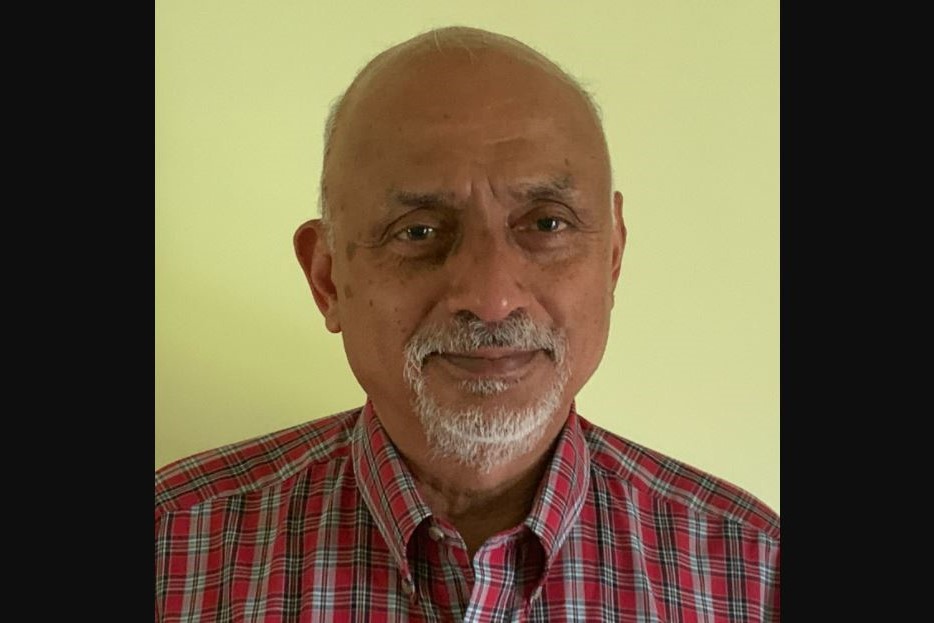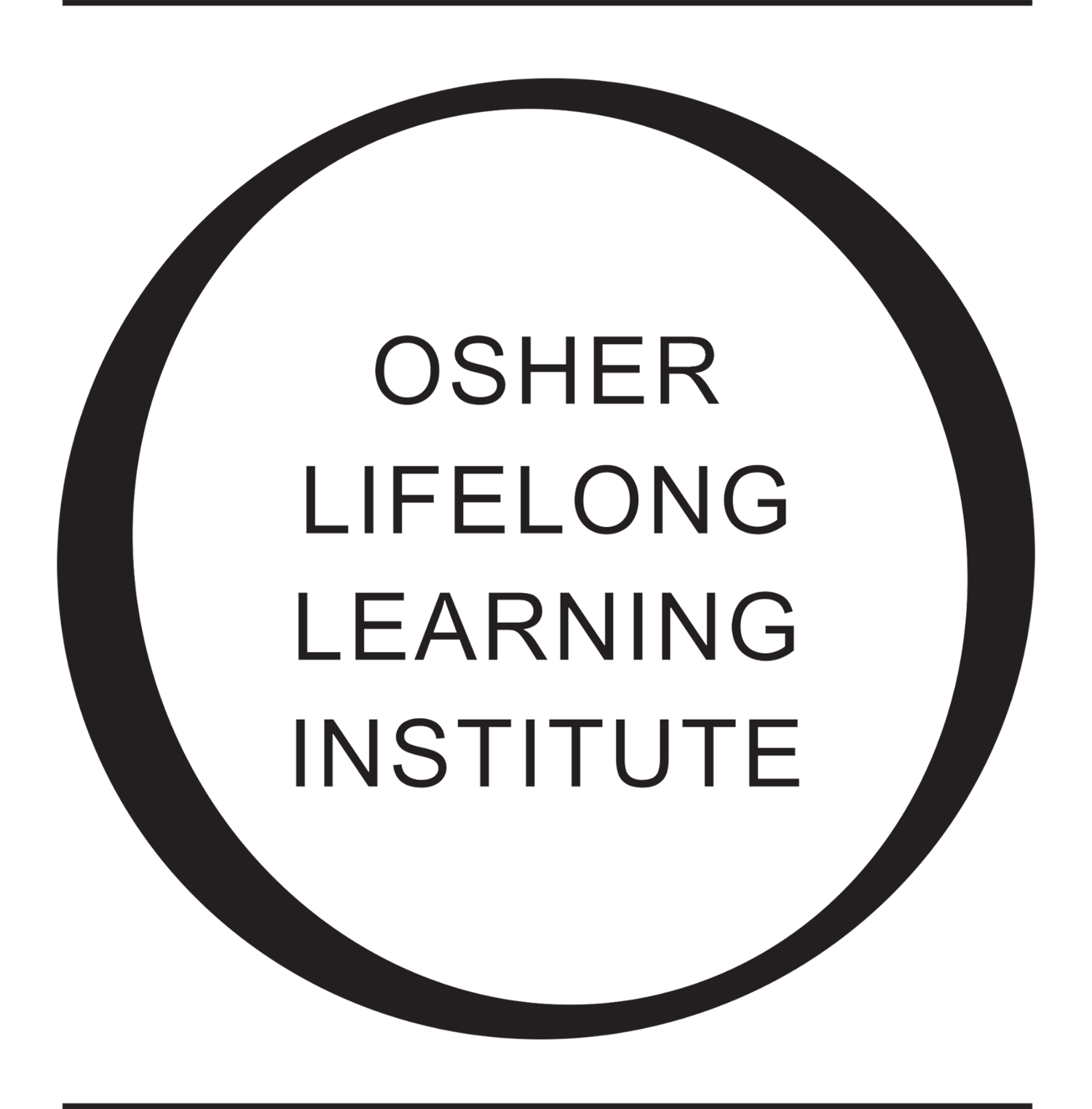
Get To Know Sankar Seetharama, Osher Board of Director’s Board Representative to Executive Committee
By Mackenzie Carpenter
There are not many people who can start working at a Pittsburgh environmental control company in 1978 and watch while it is sold from underneath him 11 times over the next 40 years — while he somehow avoids being restructured out of a job.
“I just kept having to reinvent myself, I guess,” said Sankar, who retired in 2017 and is a member of OSHER/CMU’s board and board representative to the Executive Committee.
Born in India, the son of an engineer, Sankar graduated from Banaras Hindu University with a bachelor of technology degree.
The next move was business school, at the University of Pittsburgh — a logical choice “since my father had worked in the steel industry and knew the region, having visited Pittsburgh in the 1950s and 1960s.” His first job, in 1978 came eight years after the Clean Air Act was passed, at the height of the “air pollution control boom.” In those days, back when coal-fired power plants were plentiful, there was high demand for air pollution control devices, such as precipitators, fabric filters and scrubbers, to remove particulates and acid rain contributing gases from industrial exhaust in order to comply with the law.
Sankar began at a Pittsburgh company called Wheelabrator-Frye, which had already gone through several previous iterations dating back to the Depression, when it developed something called a “Wheelabrator” — which mechanically cleaned cast parts in the foundry industry, greatly improving working conditions. But as industrial technology evolved, so did various company acquisitions, diversifications, mergers and corporate name changes.
The fast pace didn’t stop when Sankar was hired. “I had to go get the business for all the smokestack air pollution products,” he said, and then handle all the pre-contract bidding and negotiating. As he rose through the company, it kept being bought and sold: acquired for $1.5 billion by Signal companies Inc, which merged with the aerospace, automotive and chemical giant Allied Corporation, which in turn to divested the Wheelabrator environmental systems unit and other non-core businesses to a newly formed corporation called Henley (the CEO was a rowing enthusiast). After that, there was Waste Management, then Aquilex, a private equity firm, and then Siemens Energy bought it and…well you get the drift.
With every change came a new round of restructuring. Sankar saw bosses come and go — while they kept him, the one with the institutional memory, the one who also knew how to adapt quickly to new owners, the one who was always attuned to the “Next Big Thing.” “To survive in a corporation you can’t be stagnant, so I tried to be the person who would be good at initiating change,” he says.
Finally, in 2017, Sankar finally stepped off the corporate treadmill and into retirement, and almost immediately discovered OSHER at CMU. Insatiably curious, he began volunteering and taking classes on a wide range of subjects: Financial investing, America’s role in world affairs, medical marijuana, dementia, plus teaching his own classes on India’s history.
Given his wildly unpredictable career, it is astonishing to discover that Sankar and his wife found time to travel to over forty countries and hike through the Himalayas and Andes — while raising a son and a daughter.
Now the children are grown and his career is over, Sankar gardens, cooks and pursues interests in photography and model trains.
But he will never stay in the same place for long. In fact he once taught a course at OSHER/CMU on travel, titled “Notes from a Wanderer.” That wandering will continue as long as possible, because “I want to keep expanding my horizons,” he said.
